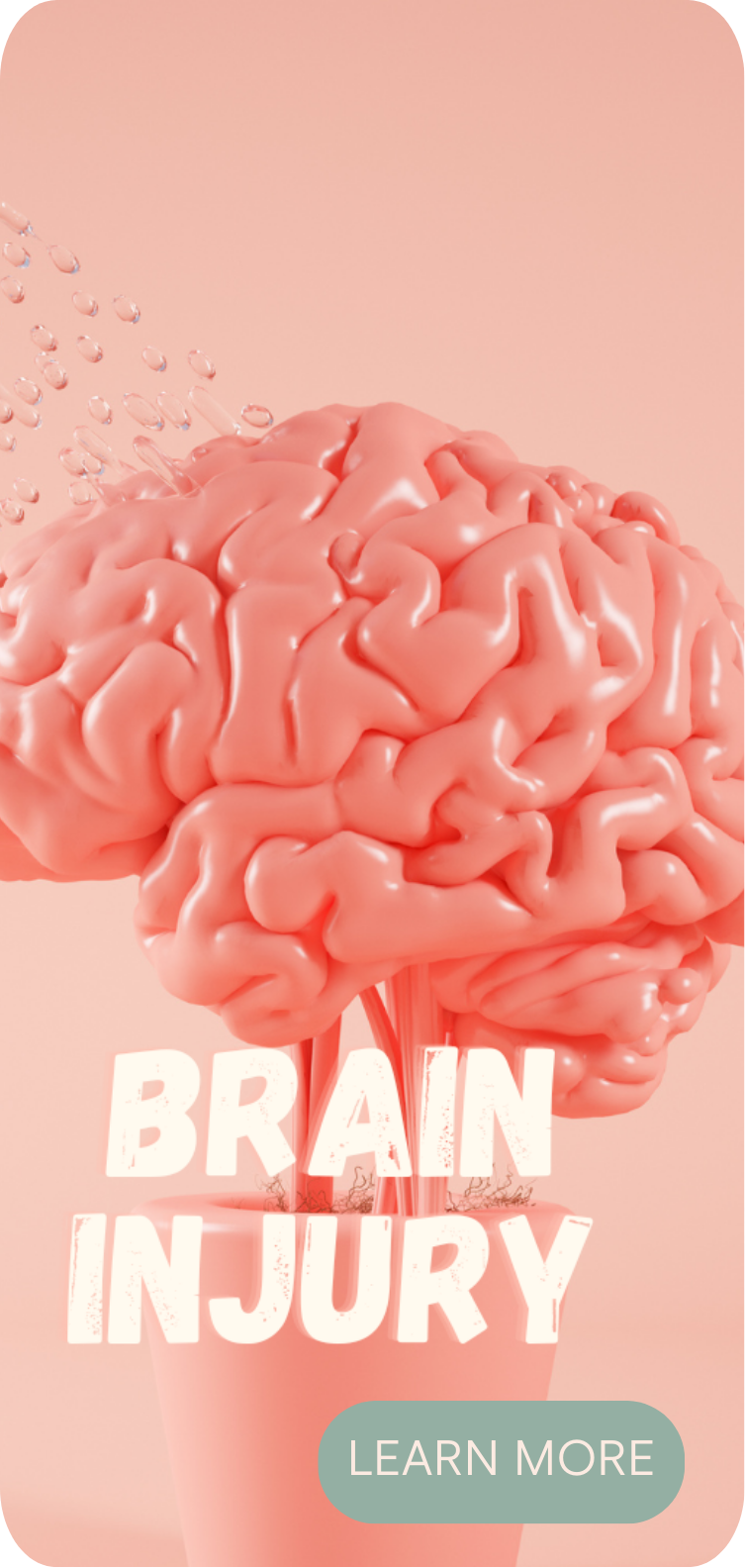Adult
Are you facing challenges at work, feeling overwhelmed in your daily life, or struggling to meet responsibilities?
If you find yourself grappling with concentration issues, emotional hurdles or navigating social situations, an assessment might be the key to understanding your cognitive strengths, challenges and areas for improvement.
Click on the pictures below to learn more about these conditions.
How to Prepare for an Assessment
Completing a psychological assessment might be a new and daunting experience and it might come with lots of questions. Our clinicians have extensive knowledge, training, and experience conducting assessments.
When you come to Psychological Assessments, rest assured that you will be guided through the process with compassion and professionalism.
We are here to answer your questions, address any concerns, and ensure that your assessment experience is as comfortable and informative as possible.
Here are some tips to feel more prepared for the day:
Understand the purpose of the assessment
Become familiar with why you are getting the assessment. If you have any questions or concerns, do not be afraid to ask. Our clinicians are happy to answer any questions.
Bring necessary items
- Most times you will not be required to bring anything, however, if there are specific items you require such as hearing aids or glasses, bring these along to ensure the best assessment experience for you.
- You might like to bring a drink bottle and snack.
- Wear comfortable clothing.
- Fidget toys and other sensory items can be brought to the assessment.
Bring necessary documents
If you have been asked to, please bring along documents, records, or information relating to the assessment.
Maintain your normal routine for the day
- There is no need to change your routine.
- Keeping a normal routine and structure will help you feel less anxious and more prepared.
Get a good sleep the night before
Ensure you get a good night’s sleep the night before the assessment. This will help you have the most energy, concentration, and focus.
Arrive on time
Make sure you leave enough time to get to the clinic (unless it is a home visit). Arriving early will help prevent you from rushing and feeling stressed, allowing you to perform better during the assessment.
Learning preparation is not needed
You do not need to practice or learn anything for a psychological assessment. We use a range of different assessments to determine your strengths and challenges, so it is best if you are assessed without any preparation.
Mistakes are okay
Psychological assessments are not school tests, exams, or assignments. They are designed to help clinicians understand more about you. Some activities will start off easy and gradually increase in difficulty (for everyone!). Try your best and remember to be kind to yourself throughout this process.
Medication
- Make sure you check ahead of time that any medication you normally take is fine to take on the day of assessment.
- If you have not been told to stop taking any medication, make sure you take it as per normal on the morning of the assessment.
Plan something nice for yourself
Plan something nice for yourself after the assessment. This will give you something to look forward to and it is a nice way to finish the assessment process.





